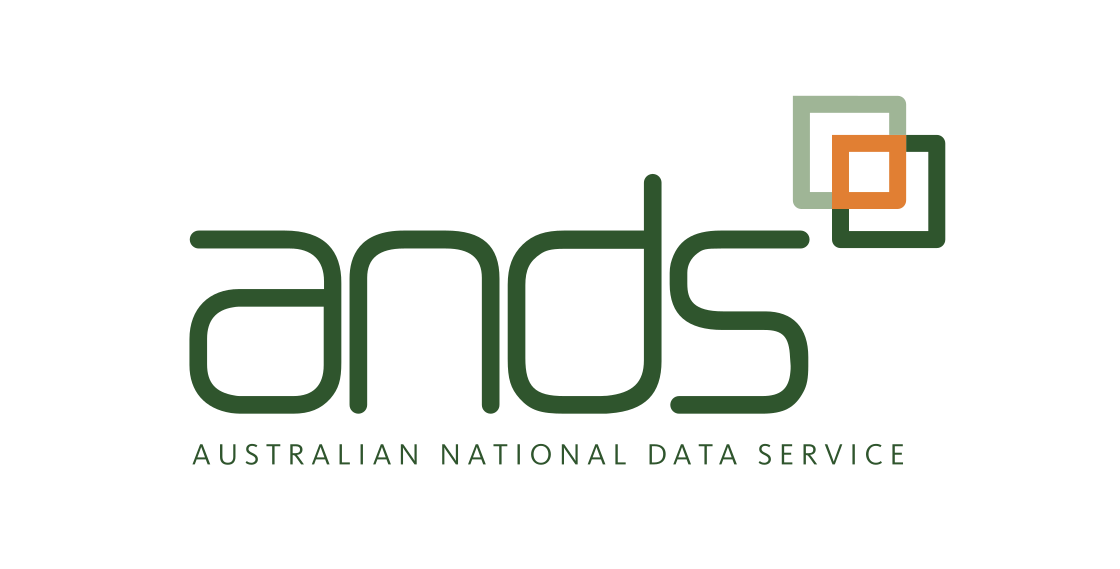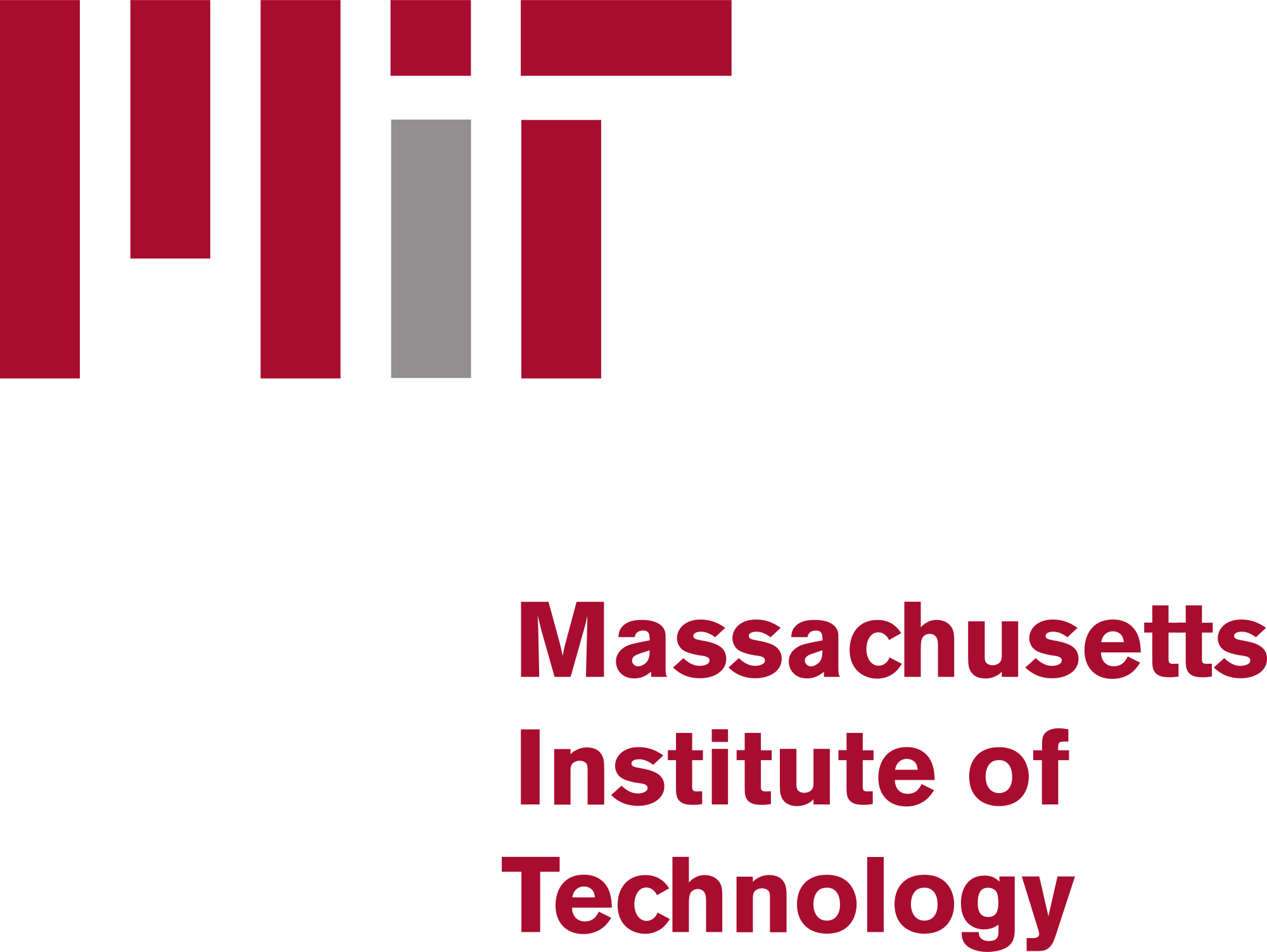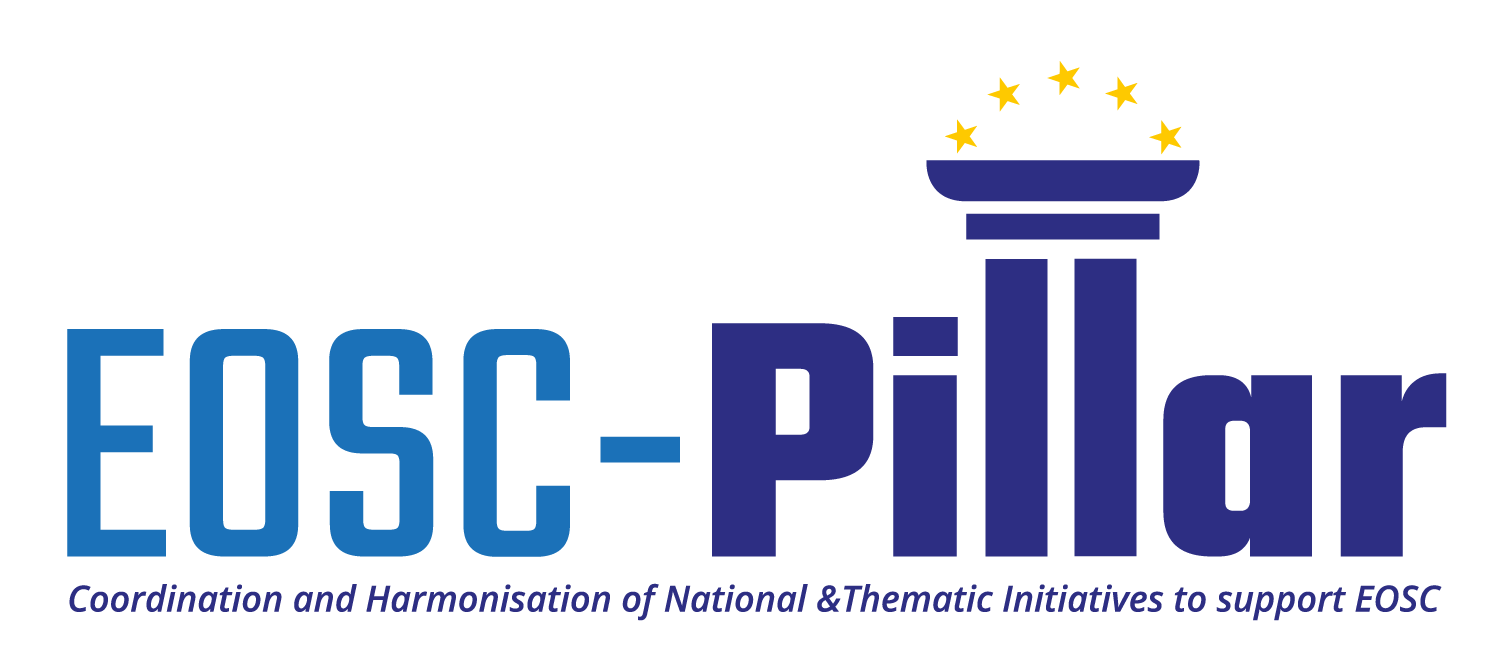
Data stewardship resources
The data stewardship resource catalogue is a collection of online searchable resources for data stewardship and RDM support. It focuses on day-to-day, operational and readily available resources that can be used by data stewards to support researchers, although these resources might be useful for other target groups as well. The records in this catalogue can be filtered according to different categories: skills group (data lifecycle phase), target group, subject or domain and keywords. You can also perform a free-text search.
The catalogue is a work in progress and is currently being expanded.
Found: 37 Data stewardship resource/s

Publishing and sharing sensitive data: guidelines and decision tree
ANDS has published a comprehensive guide about best practice for the publication and sharing of research data (in the Australian context). The guide helps researchers with the publishing phase of senstitive data with a step-by-step approach which covers several phases of the research data lifecycle. These steps are summarized in a decision tree.

RDM requirements per research phase
The University of Ghent summarises all the RDM requirements per funder and grouped into four categories: during proposal stage, post-award data management plan, covering data management costs and data sharing and/or preservation requirements.

Research integrity checklist
The University of Oxford has developed a research integrity checklist which compiles all the different requirements set by applicable legislation (e.g. GDPR), the University regulation, domain specific codes as well as project-specific requirements (e.g. research involving animals, overseas-based research, etc.). The checklist is meant to be used at the start of the research to ensure compliance, but also as a tool “to engage in a broader dialogue about research integrity and good practice in research”.

Six ways to discover data video tutorial
Utrecht University has developed a video tutorial with tips and resources to find existing data. It guides the viewer through different repositories and shows how to use them. The video is embedded in a page where the main advantages of reusing data are summarised and a list of potential repositories and data sources is compiled, in addition to those provided in the video.

The R workshops and the R café
Utrecht University organises regular workshops to teach R basics: data handling and visualisation, and making research reproducible with R and R Markdown. The R Café has a more informal set-up, where researchers with R programming skills can meet and learn from each other, or from prepared exercises.

Version control tools & techniques handout
The Massachusetts Institute of Technology (MIT) has developed a series of file organization handouts. The handout for version control briefly summarise different techniques for version control and provides an overview of the main differences between automatic change log platforms and tools.

Version control with Git course
This course prepare by the Software Carpentry guides through how Git (and GitHub) can be used to manage versions during a project. It starts with the basics (setting up Git and creating a repository), and follows with practical guidelines to track changes, collaborate or resolve conflicts. It has also dedicated sections about the impact of version control on Open Science, licensing and citations.
Pages
- « first
- ‹ previous
- 1
- 2
- 3
- 4



